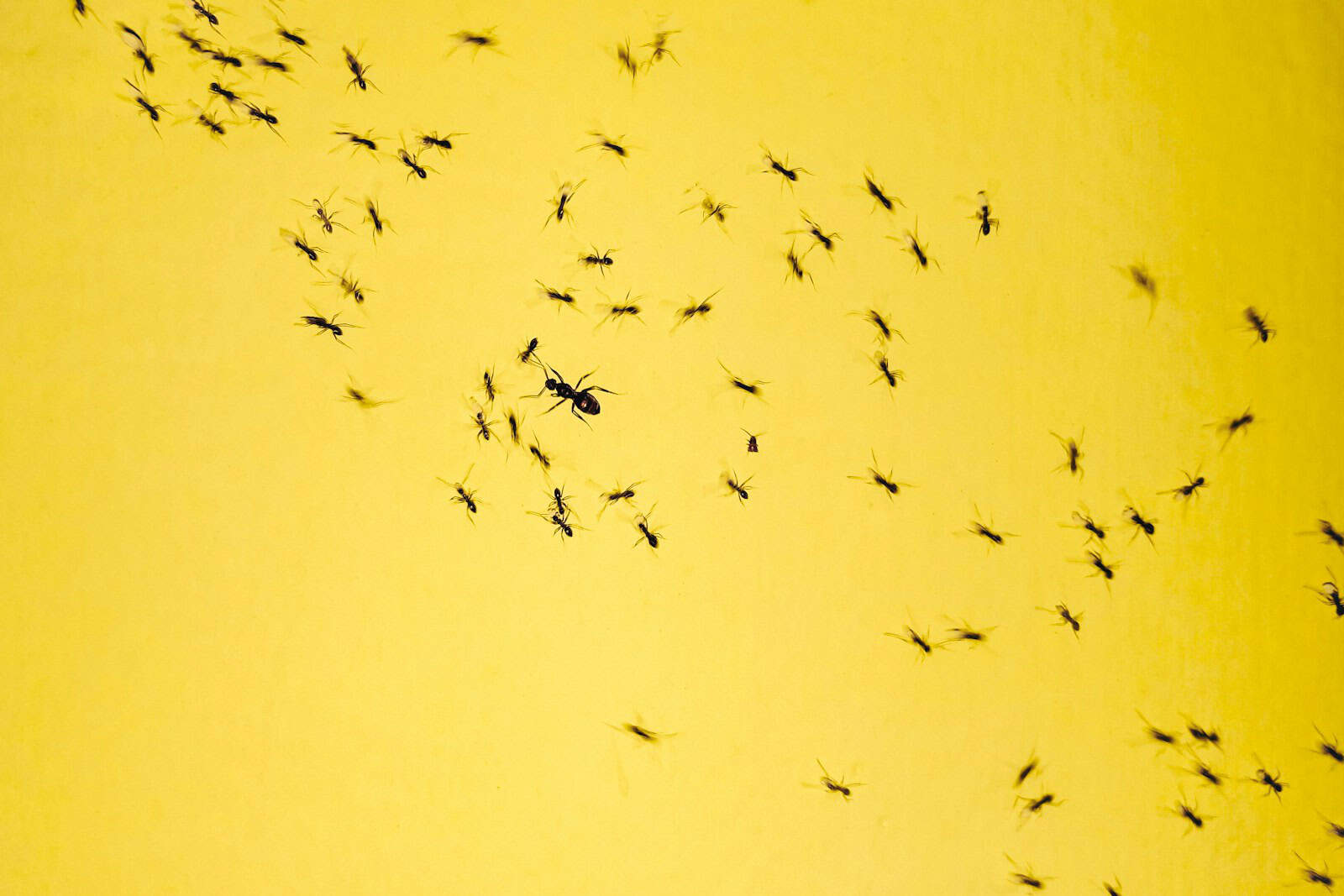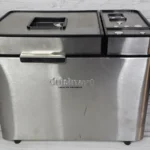Bleach can kill ants when sprayed directly on them. It is a powerful cleaner and can do the job fast. But bleach does not reach the ant nest, so it won’t stop more ants from coming.
Using bleach around the house may not be the smartest choice for ant control. It can damage plants and surfaces. If you still decide to use it, handle with care and follow safety steps.
There are better and safer ways to get rid of ants. Think about trying things like Diatomaceous Earth, essential oils, ant baits, or ant sprays. These can help control ants without causing harm to your home or garden.
Understanding the Effects of Bleach on Ants
Bleach can kill ants. It affects their bodies and kills them on contact. The details below explain why this happens.
Chemical Composition and Toxicity
Bleach contains sodium hypochlorite. This chemical is a strong oxidizing agent. It breaks down proteins and cells in the ants. Bleach is also very corrosive. When it touches ants, it burns them. The fumes from bleach can be harmful too. When ants breathe them in, it can hurt their internal systems.
People use bleach often in their homes. It’s a powerful cleaner. But it needs to be used safely since it can damage surfaces and hurt living things.
Impact on Ant Exoskeleton and Physiology
Ants have a tough outer shell called an exoskeleton. Bleach breaks this shell down. As it erodes the exoskeleton, it leaves ants unprotected. Without this shell, ants dry out and die fast.
The ants’ inside parts are also damaged by bleach. Their organs begin to fail, and they can’t survive. Once their protective layer is gone, it is only a matter of time till the bleach causes severe damage inside.
Results of Direct Contact
Bleach is lethal to ants when applied directly. It kills them almost at once. Bleach does not just harm the exoskeleton. It affects every part of their bodies.
The ants don’t carry bleach back to their nest. This means it will kill only the ants it touches. New ants will come in their place if the nest is not treated. Effective long-term control might need more than just bleach. Regular cleaning and other treatments are necessary.
Practical Applications and Safety
Using bleach to control ants can be effective if applied carefully and safely. This section details how to mix a diluted bleach solution, methods of application, and essential safety tips to protect both humans and pets.
Creating a Diluted Bleach Solution
To make a bleach solution for killing ants, mix 1 part bleach with 10 parts water. This solution will target ants without damaging most surfaces. Use a spray bottle to help apply the solution evenly. Make sure to label the bottle so no one mistakes it for water or another cleaner. The solution should not be too strong, as bleach can damage areas like countertops and floors.
Bleach can have a strong smell, so it’s best to mix and use the solution in a well-ventilated area. Always wear goggles and gloves to protect your eyes and skin. Bleach is a powerful chemical and even a small splash can cause irritation or harm.
Application Methods for Ant Control
When applying the bleach solution, start by identifying the ant trails and nests. Spray directly on these areas. Bleach kills ants on contact but does not work to eliminate the entire colony since ants do not carry it back to the nest. For better results, repeat the application daily until the ants are gone.
Wipe surfaces with a clean cloth after spraying to remove any residue. Use bleach only on non-porous surfaces to avoid damage. For porous surfaces like wood or fabric, consider safer alternatives. Sticking to a regular cleaning routine can help keep ants from returning.
Avoid spraying bleach near children or pets. Consider using environmentally friendly pest control options in areas where safety is a major concern. Always test a small, hidden area first to ensure the bleach will not cause any damage.
Safety Precautions for Humans and Pets
When working with bleach, safety is crucial. Always work in areas with good airflow to avoid inhaling fumes. If working indoors, open windows and use fans to keep the air circulating. Wear a respirator if the smell becomes too strong.
Keep children and pets away from treated areas until everything is dry and the smell has lessened. Store bleach and the solution out of reach to prevent accidental ingestion or spills.
Bleach should never be mixed with other household cleaners, especially those containing ammonia. Such combinations can create toxic gases. Knowing these key safety measures helps in using bleach effectively while keeping everyone safe. Maintain a clean and orderly environment and follow safety guidelines strictly.
Frequently Asked Questions
Bleach can kill ants on contact. However, it doesn’t affect the entire colony.
How long does it take for bleach to affect ants?
Bleach works quickly. When ants come into contact with bleach, it kills them within a few minutes. Be careful while using it so that it doesn’t harm household items.
What is the effectiveness of bleach on ant colonies?
Bleach kills only the ants it touches. It does not affect the nest or the queen. Because of this, it is not effective in eliminating entire colonies. More ants will replace the ones you kill.
Can household bleach be used to control an outdoor ant infestation?
Using bleach outdoors is not recommended. Bleach harms plants and soil bacteria, which are important for a healthy garden. Instead, consider other methods or chemicals designed for outdoor use.
Are there immediate effects when using bleach on ants?
Yes, bleach kills ants almost instantly upon contact. You will see dead ants right away. Clean any surfaces thoroughly after using bleach.
How does vinegar’s effectiveness compare with bleach in killing ants?
Vinegar is another common household cleaner that can kill ants. It disrupts their scent trails and can kill ants on contact, but it might not be as quick as bleach. Vinegar is also safer for household surfaces and the environment.
What are some alternative methods for permanent ant removal?
To permanently remove ants, try using ant bait stations. These attract ants to carry the poison back to their nest. You can also use natural remedies like a mix of borax and sugar, or hire a professional pest control service.







